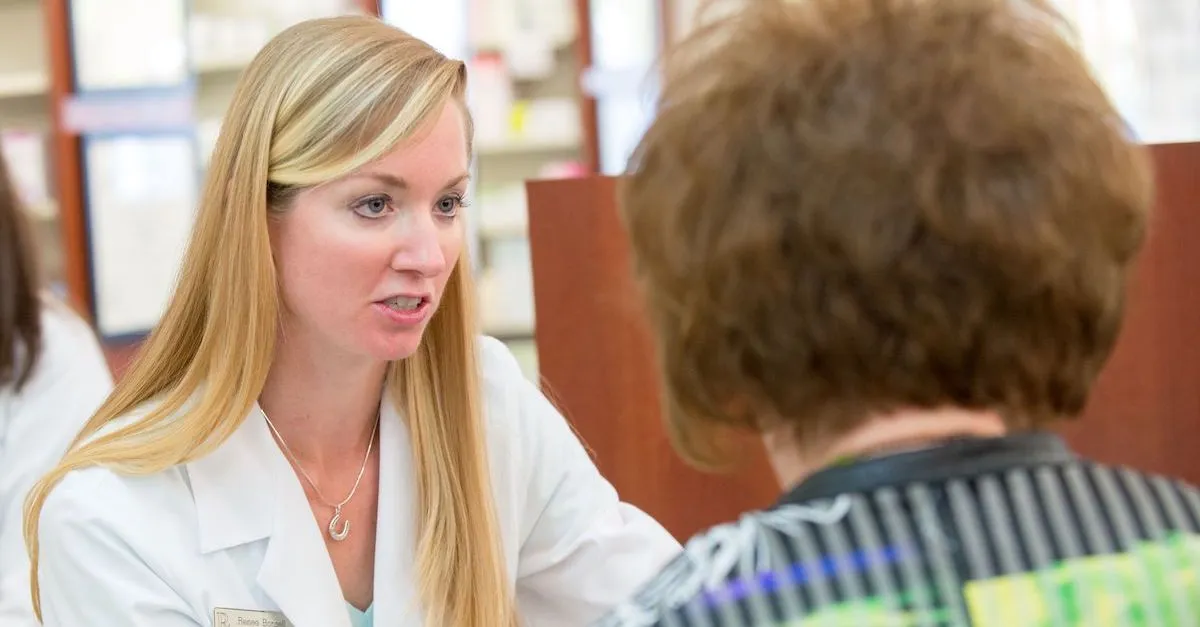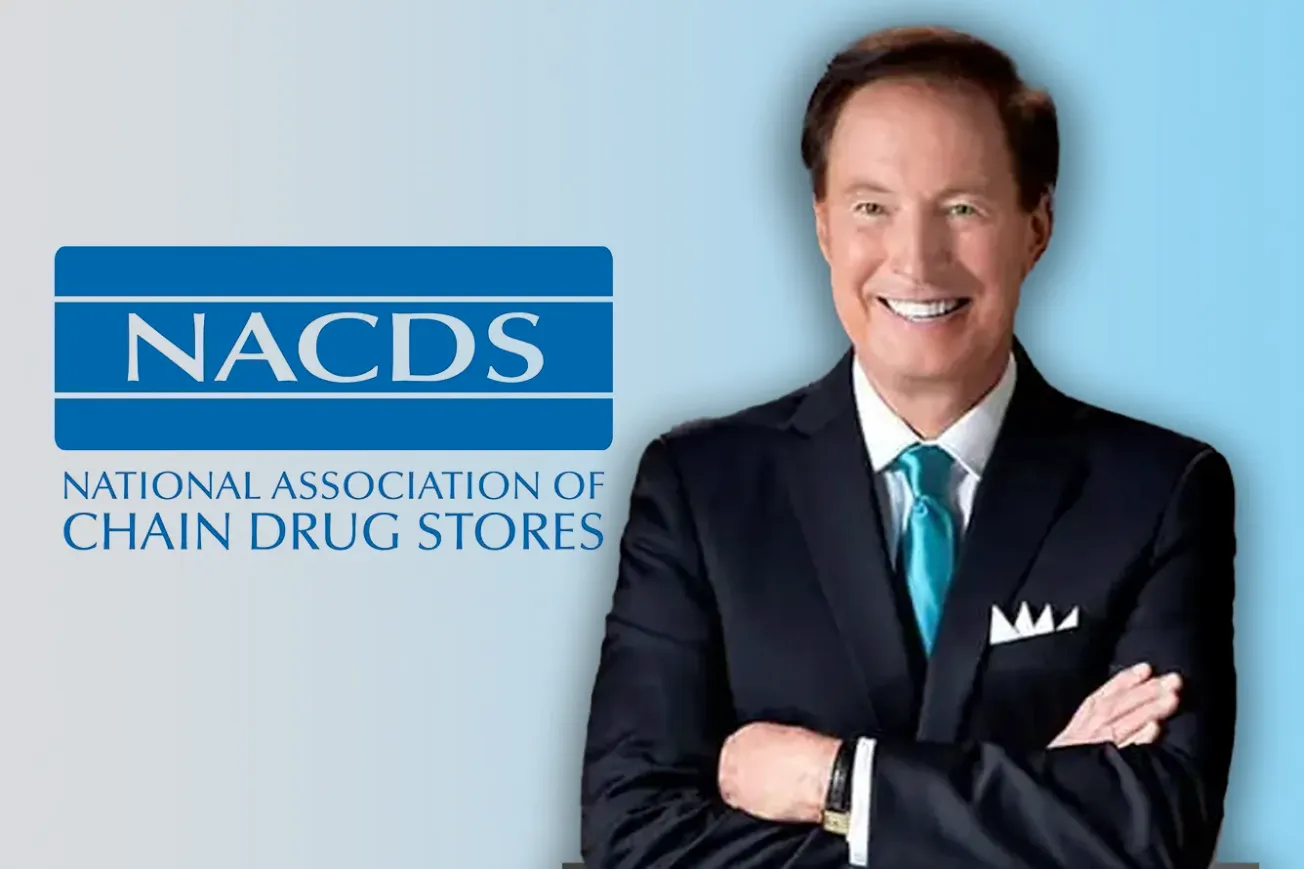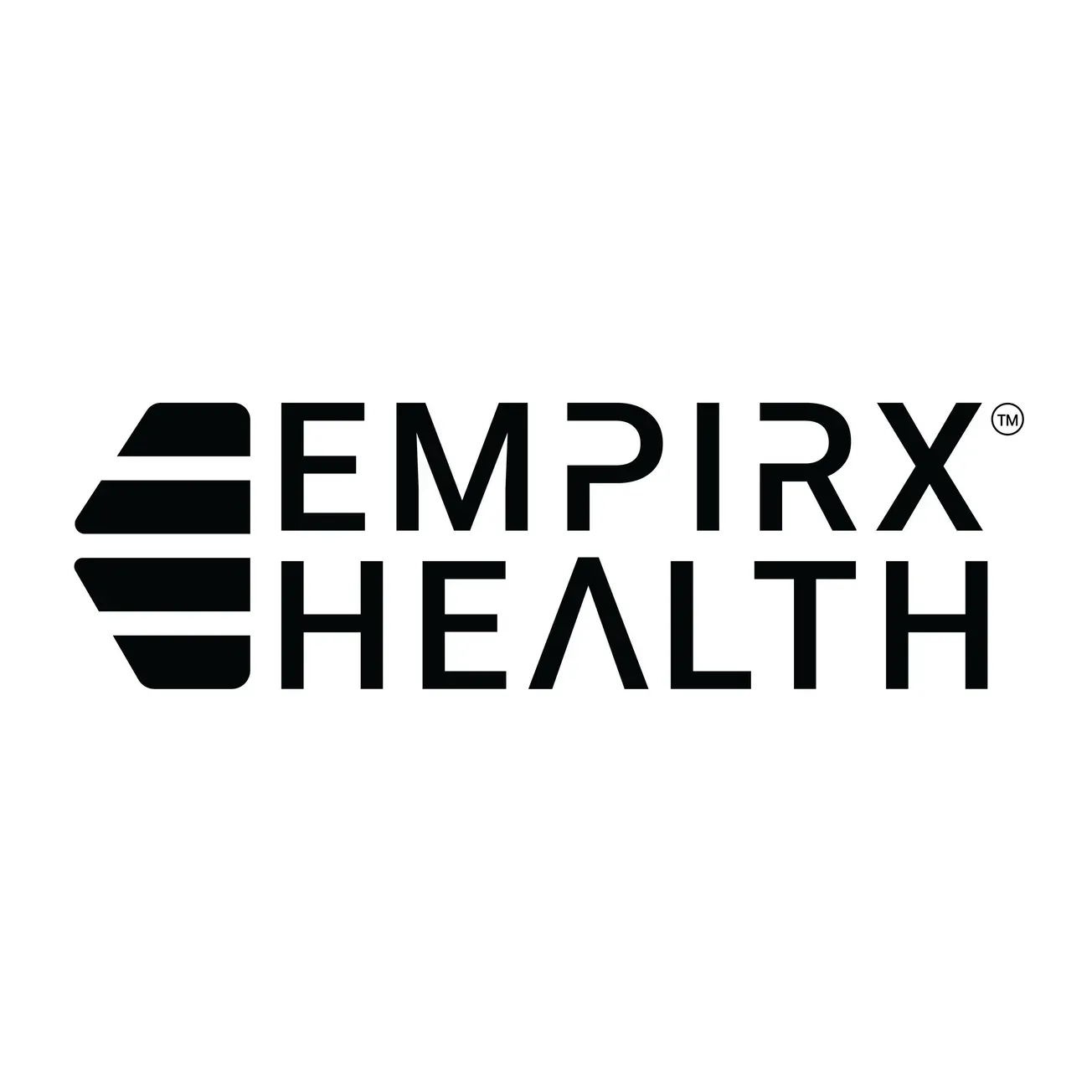DUBLIN, Ohio — Pharmacies are highly trusted by patients as accessible, convenient resources for questions about their health. Some conversations can be more difficult to have than others, especially when it comes to mental health.
“We encounter patients with mental health concerns on a daily basis,” said Phil LaFoy, RPh, of Blount Discount Pharmacy in Maryville, Tennessee. “With the number of people receiving treatment for mental health issues, training is needed to help us support our patients.”
According to the National Alliance on Mental Illness (NAMI), one in five Americans experience mental illness each year and more patients are turning to pharmacists for support. NCPA and the Cardinal Health Foundation are partnering to expand mental health education and training opportunities for community pharmacists, including scholarships for mental health first aid training.
The partnership will provide funding and scholarships for pharmacists to attend mental health first aid training, and a series of webinars focused on self-care for pharmacists, their staff and patients developed by the NCPA education team. Additionally, two articles focused on mental health and resiliency will be featured in NCPA’s America’s Pharmacist® magazine, reaching more than 19,000 community pharmacy locations across the country per NCPA, and a session will be offered at the NCPA Annual Convention.
"By increasing access to timely and effective mental health services we are investing in a healthier future for our communities," said Brad Cochran, EVP, Pharmaceutical & Specialty Distribution. "Together with the NCPA, we will offer independent pharmacies the critical training, tools, and resources they need to spot early warning signs and make a positive impact on the patients, families, and communities they serve."
“Community pharmacists and their pharmacy teams, with their strong patient relationships, are well-positioned to help increase awareness and fill care gaps for patients needing mental health services,” said Douglas Hoey, CEO of NCPA. “The demand for these services is growing and evolving, and through this partnership with the Cardinal Health Foundation, NCPA will be able to help pharmacists nationwide adapt their practice to address this critical need.”
Unlike patients coming to the counter with a cough, runny nose or sore throat, mental health may be more difficult to identify than a common cold and may be impacting patients they’re already seeing with other medical conditions.
“Just because a patient isn’t being treated for mental health doesn’t mean they aren’t experiencing mental health challenges,” LaFoy said. “You may be talking to someone who’s on blood pressure medication, and once they open up to you, you realize there are underlying issues.”
LaFoy took the mental health first aid training at this year’s Cardinal Health Retail Business Conference, and said it provided him with valuable new perspectives on how pharmacists can help identify possible mental health concerns. He believes the training has also helped foster healthy conversations about mental health with his staff.
“The training stressed that it’s not necessarily about treating these patients, because many of them are already in treatment. It’s about getting them the help they need and the key to that is being a good listener, providing guidance and direction,” LaFoy added.
While mental health training can prepare pharmacists to play a valuable role in guiding their patients to the right treatment, it can also be used to address issues behind the counter, as well. With 58 million Americans affected by mental illness according to NAMI, healthcare providers are not immune to this condition and may need care themselves.
According to the National Institute of Mental Health, only half of adults receive the mental health treatment they need. As convenient, accessible and trusted healthcare destinations, independent pharmacies are uniquely positioned to connect with patients on their mental wellness. Through the resources being offered by the Cardinal Health Foundation and NCPA, more pharmacists will be better prepared for these conversations.









